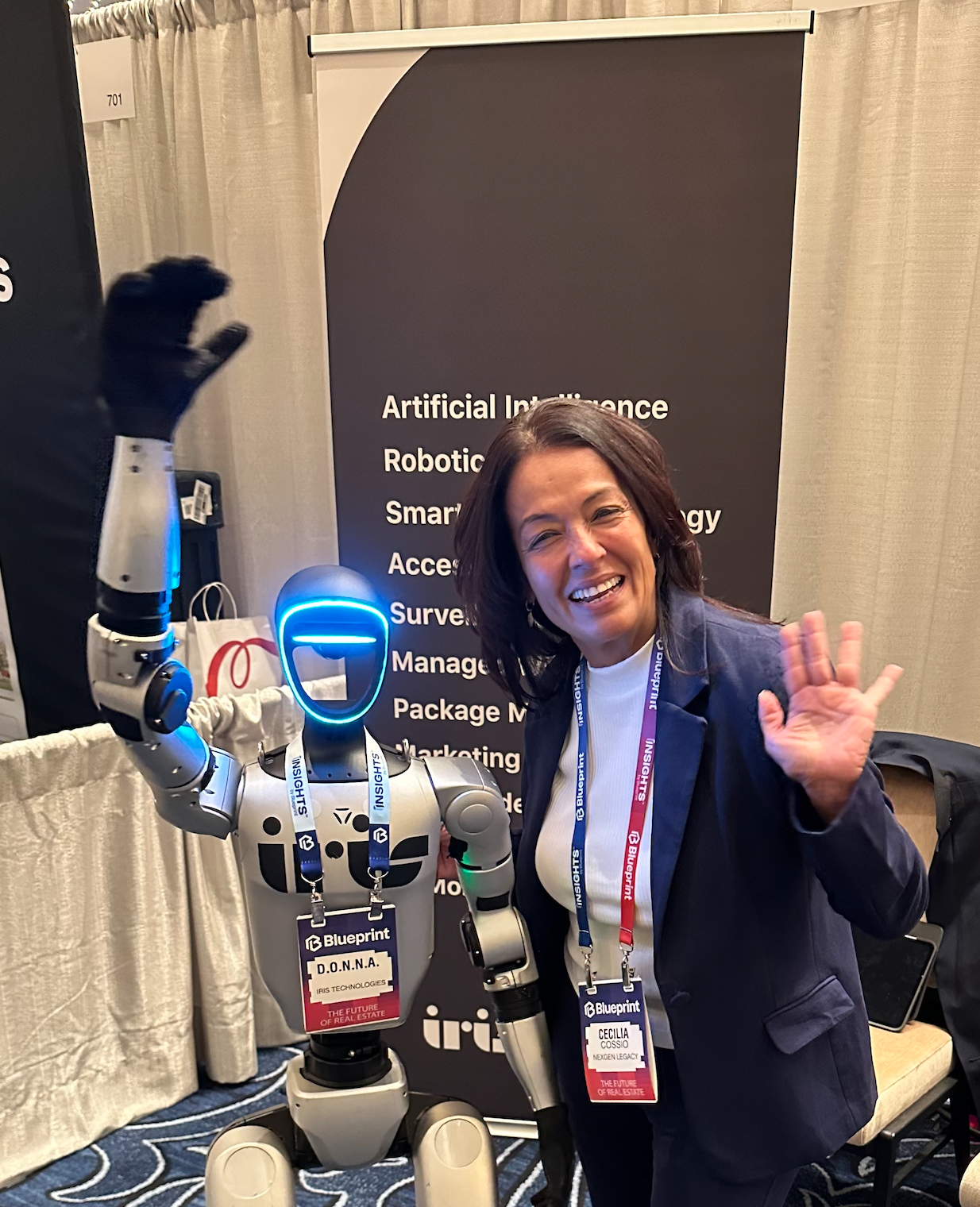
Hiring remote workers for property management has become more common over the past decade, and even since the pandemic.
A remote worker brings significant advantages to the employer, such as a stronger work ethic, the opportunity to hire from a much larger candidate pool, and potentially a lower salary required for the hire.
In “The Secret to Building and Managing Rockstar Remote Maintenance Teams,” a session at the MX Summit by Property Meld held in September in Rapid City, S.D., Todd Ortscheid, President & CEO, Revolution Rental Management, made the case.
“If you consider a candidate’s culture, you can find employees who have an inherently greater work ethic based on their culture, especially when hiring from an international worker base,” he said.
Remote workers’ work ethic can be stronger because they are happier in their jobs, working from home. Giving them this opportunity also helps to build worker-company loyalty as long as the employer keeps their promise about the working arrangement.
“You don’t want to promise them remote work and then six months later call them into the office,” Ortscheid said.
A higher quality of candidates can be found abroad.
“You can hire the best person for the job, instead of the best one who’s within a 30-mile radius of the office,” he said.
Hiring remote workers based on geography can help save on salary costs. A worker in San Diego will likely command a lot more compensation than a worker abroad or one in markets with a lower cost of living, such as South Carolina.
Hiring a worker from abroad could potentially add a multilingual employee, a valuable asset.
Ortscheid said employers may use a staffing company, a placement firm, or direct placement. Each has its own pros and cons, including costs and the level of involvement required by the HR team.
Before starting the hiring process, he said a proper job description must be created.
Its format should include an overview of the position, the tasks that are required, the KPIs that will be measured, and a bonus structure.
“Many make the mistake during the hiring process of first looking at applicants’ resumes,” he said. “They check the years of experience that the applicant has or their previous salary and try to find the cheapest person they can.”
Ortscheid strongly recommends that candidates be first asked to take a personality test. If the test results indicate they could be a good fit at the company, based on the position description and the company’s workplace environment, then they can advance to the next step.
“If you look at the résumé first, you’ll have cognitive bias because you’ll immediately see how much experience they have,” he said. “Having a lot of experience isn’t always the best thing, because maybe they were terrible at the job they were doing.”
Ortscheid suggested using the AI tool Claude to evaluate job descriptions and suggest personalities that would be the best fit.
Onboarding and training are crucial, especially in the first 90 days. Every new hire should be given a 90-day employment onboarding plan that includes the job description, KPIs, core values, milestones, goals, and a supervisor check-in schedule.
“One-on-one meetings should be held regularly so that the employee doesn’t feel that being called into one only happens when they have done something wrong,” he said.
Employee training will go a long way toward ensuring a successful start for any new hire. It should include three or four days of computer-based training, with quizzes and verbal exams. These new employees should then “shadow” the work of an experienced employee, and then a final evaluation can occur.
Did they hit their KPI’s? “If they don’t, then it’s probably not going to work out and you should cut bait,” according to Ortsheid.
Employees also must be provided with “tools for the trade” such as Property Meld, as well as others that address accounting and communication (such as Slack and Microsoft Teams).
“Communication between workers is better through those channels because it’s better than walking into their office and interrupting them to ask them a question,” he said.
As for culture and accountability in the office, Ortsheid said employees should emphasize the company’s core values as much as possible.
Finally, companies should provide for professional development and occasionally hold “social hours” via Zoom calls for remote workers or in-person meet-ups for office workers to give employees every chance to get to know one another.






